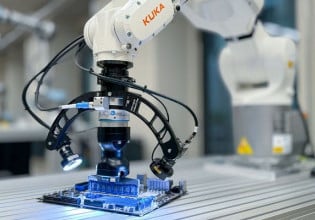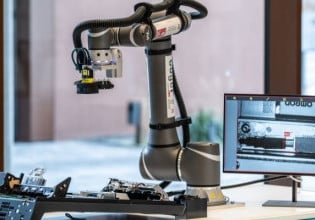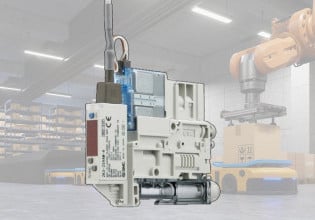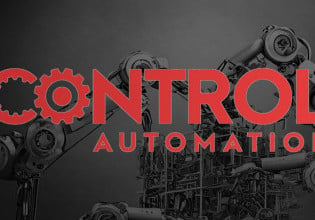O
For example, on PLC cabinets, the negative side of 24Vdc power supply may be tied to earth. Siemens S7-300 cpu's for one, has a sliding tab to optionally connect/disconnect the negative side of 24Vdc power supply to earth.
What are the reasons for tying the two together?
Under which conditions should the two not to be tied together?
Thanks.
What are the reasons for tying the two together?
Under which conditions should the two not to be tied together?
Thanks.






